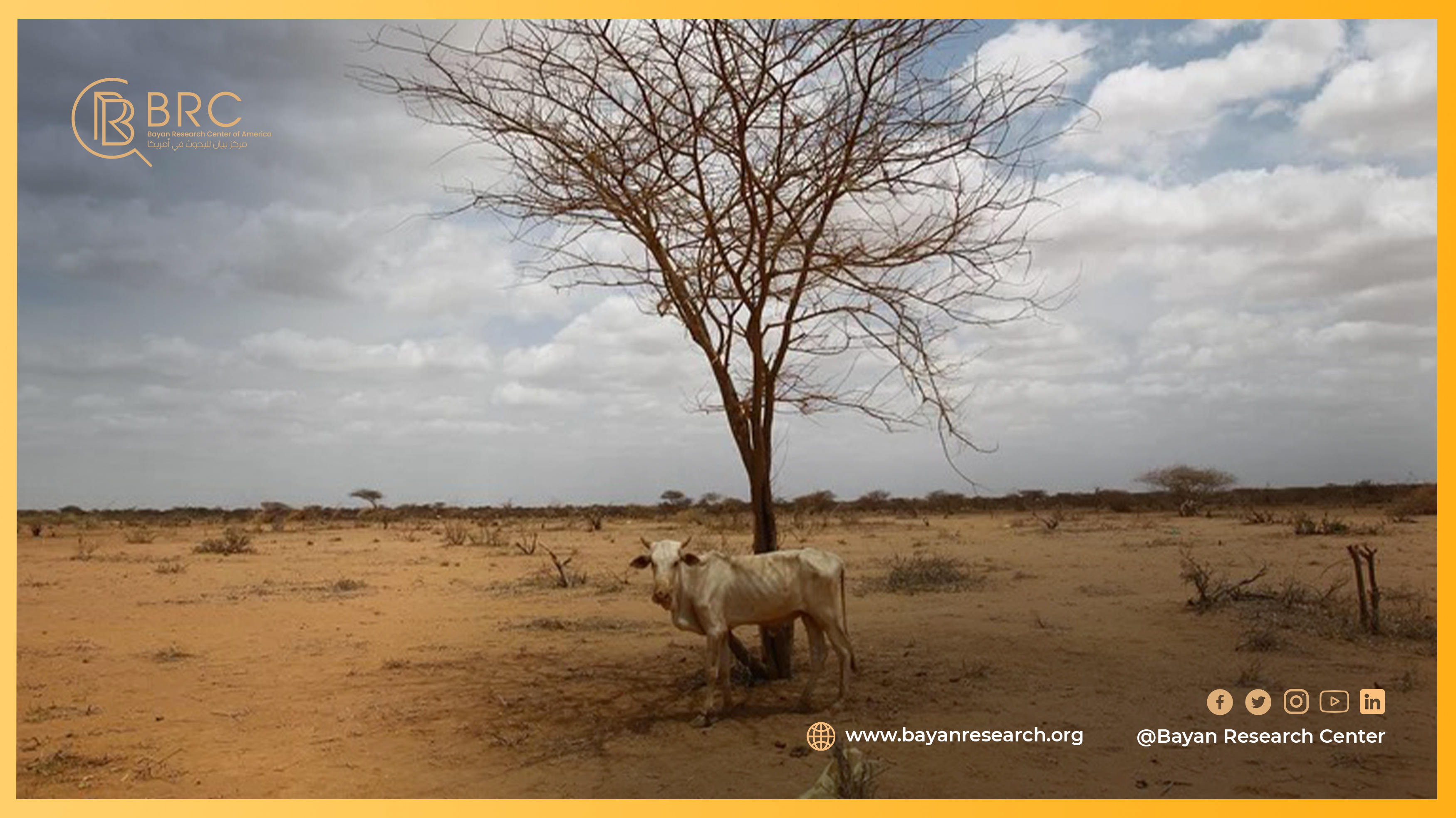Implications of Climate Change and Russia-Ukraine War on Food Security in the East African Countries

Implications of Climate Change and Russia-Ukraine War on Food Security in the East African Countries
| Introduction
The projections made by the intergovernmental panel on climate change (IPCC) indicate that global mean temperature may rise from 1.1°C to 6.4 °C by the 21st century. The rise in temperature has many implications in form of rising sea levels, melting of glaciers, frequent storms, and floods (IPCC 2014). The number of food-insecure people is increasing across the globe. Climate change and wars are some of the main factors of the rising trend in global food insecurity. Climate change primarily affects food production and other supply chain issues are secondary to this phenomenon. The impact of these climatic changes may be realized too much extent in resource-poor countries including East African countries due to less adaptive capacities, and poor access to early warning systems, technologies, and other resources. The FAO simulations showed that the number of undernourished people in the world may be 7.6 million under moderate shock, while it will be 13.1 million under severe shock. The regional increase in 2022-23 showed that 4.2-6.4 million people may be in Asia-Pacific, 2.6-5.1 million from Sub-Saharan Africa, and 0.4-0.96 million from East and North Africa (FAO, 2022).
